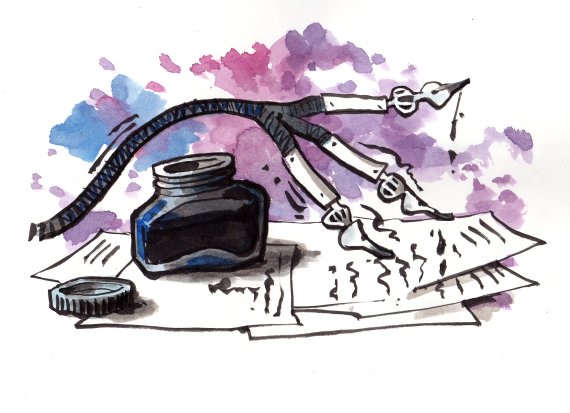Illustratie: Henk van Ruitenbeek
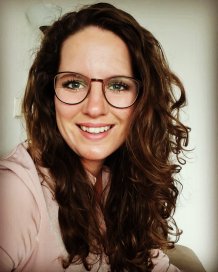
Lisa Plou
m, PhD student of Sustainable Entrepreneurship ‘Actually it is strange that only the candidate has to declare what his or her contribution was. The burden of proof should lie with the co-author. There are nice guidelines for co-authorship but it doesn’t always work well in practice. In some cases it is more of a political game and the co-author actually contributed little. It is a good idea for PhD students to discuss who does what with their supervisors, but that should happen at the start and throughout the process, and not after it’s over. If the statement is intended to help the examiners, I think the university should give clearer instructions so the examiners know that the PhD is the product of collaboration. In principle you should be able to assume that the thesis is entirely the work of the PhD students, but we are still students so it is logical that we don’t do it all on our own.’
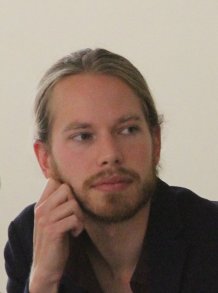
Kevin Raaphorst, PhD student of Landscape Architecture
‘I can imagine that an author’s statement can provide clarity for the examining board in certain cases. There are several disciplines in which you can get someone else to do parts of your research, such as statistical calculations. With an author’s statement, examiners can ask the candidate appropriate questions, avoiding an embarrassing situation during the defence. The discussion about the author’s statement also raises the sensitive issue of free-riding co-authors. The author’s statement shouldn’t be aimed at protecting the candidate against this. If that’s at stake, then there is a bigger problem and a statement of this sort is not the solution. Something like that should be monitored throughout the whole process and not set right at the end with a statement.’
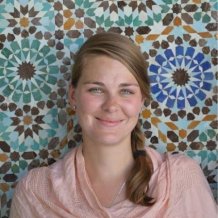
Alexa
ndra Rijke, PhD student of Cultural Geography ‘I understand that within some departments the author guidelines are not sufficiently adhered to, and that this indicates a possible need for other regulations. Only I don’t think an author’s statement is the solution. The research process is a joint effort in which PhD students deliver their theses in collaboration with their supervisors. This is a process in which the PhD candidate has the biggest say, or should do, but is also in constant consultation with supervisors. An author’s statement suggests that you can reduce this relationship to a division of tasks, whereas carrying out research is a constant interaction between the PhD candidate and the supervisor. Often it is not possible to establish who did what. That is why I would argue that the proposed author’s statement papers over the problem rather than solving it.’

Nico
Claassens, PhD student of Microbiology ‘I think it’s a good development that the PhD candidate shows what his own contribution has been. The ability to collaborate is an important competence for a scientist, so it’s good that chapters in a thesis are the product of collaboration. An author’s statement makes it clear to the examiners exactly what the PhD candidate contributed, and what he or she did together with someone else. Transparency is important in science. Sadly, I know of examples of unclear co-authorship, and you can use an author’s statement to clarify the extent of your share in the work. I don’t see it as a sign of distrust. I handed in my own thesis before 1 January, but I would have considered it worthwhile to write an author’s statement.’
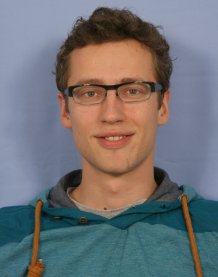
Jochem Jonkma
n, PhD student of Operations research and logistics‘I don’t have a strong opinion on this at this point. My first impression is that the measure is a bit similar to time-tracking. I can imagine there being a demand for this from outside, and also that it could really make a difference in some cases. But I think that, just like time-tracking for PhD students, it will be a fake transparency in many cases. You will duly fill in all the boxes as requested, but whether it really reflects how things actually happened, is anyone’s guess. Maybe the responsibility to prove what you contributed should lie with the other authors rather than with the main author; they should have to justify being mentioned as co-authors.’

